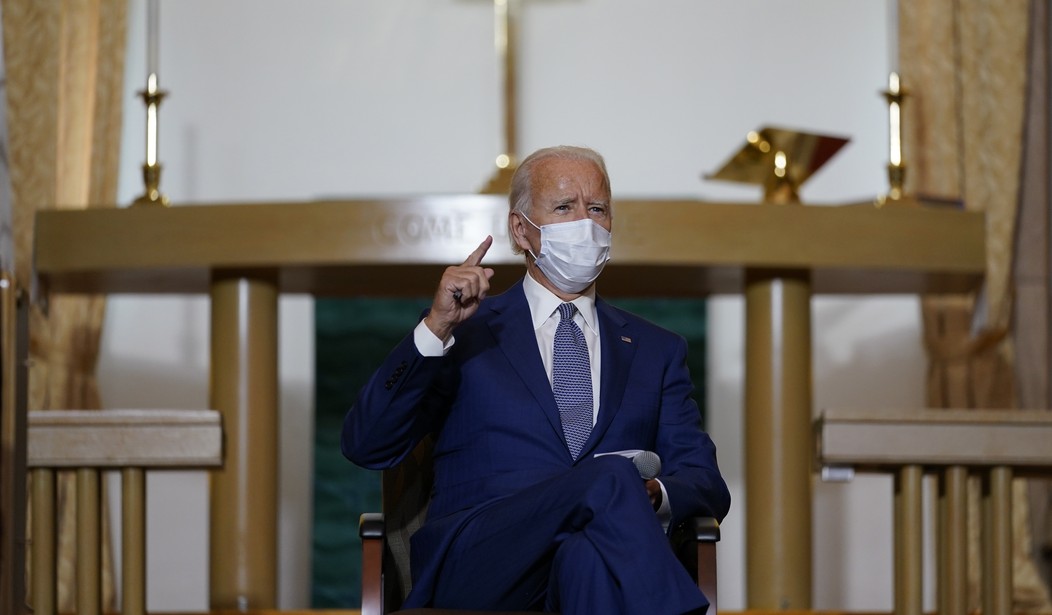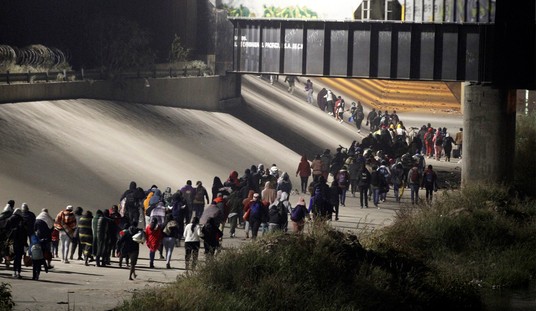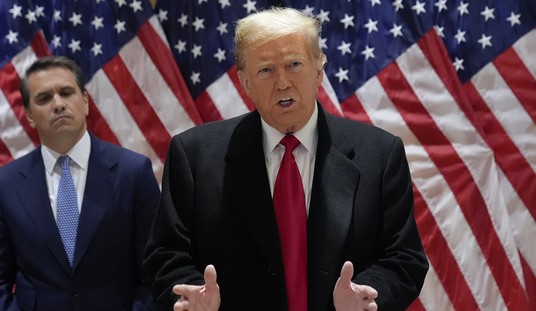A U.S. District Court judge has found some of Colorado’s public health orders that limit attendance at churches to be unconstitutional.
Judge Daniel Domenico found that two state rules governing church-going are more severe for religious institutions than for secular ones and violate congregants’ Constitutional rights to freedom of religion.
Two churches filed a lawsuit against both state and federal authorities in August, alleging public health orders aimed at curbing the spread of the novel coronavirus violated their religious rights. Domenico dismissed most of their claims in a ruling last week but on Thursday determined that the services can go ahead as long as social distancing is observed and other public health rules are followed.
“The Constitution does not allow the State to tell a congregation how large it can be when comparable secular gatherings are not so limited, or to tell a congregation that its reason for wishing to remove facial coverings is less important than a restaurant’s or spa’s,” Domenico wrote in the 44-page order.
The ruling breaks from stances other judges in Colorado have taken on religious freedom challenges to Gov. Jared Polis’s public health orders. The courts have consistently ruled the orders do not violate the U.S. Constitution. The U.S. Supreme Court also took up the issue this year and rejected efforts by a California church to stop that state’s order to shut down religious services.
Why do some courts see the issue as a religious freedom matter and others see it as a public health issue? It depends on the individual judges in some cases, but it appears that plaintiffs who target specific public health orders have a better chance of success. Claiming a mask interferes with the practice of religion and arguing that limits on church attendance, when there are no limits elsewhere, looks to be a winning strategy. But arguing that this is a public health “emergency” gives some more liberal judges a reason to stifle religious freedom.
Polis and the Colorado Department of Public Health and Environment appealed the decision Monday, and asked that the judge’s order be reversed while the appeal is pending, saying that allowing services to go forward without precautions could result in outbreaks of COVID-19.
The motion says Domenico took scientific evidence out of context in his ruling and says that the public health orders are not unconstitutional because they do not single out religious activities.
When the state has specific rules governing church attendance, that would appear to “single out religious activities.”
“Absent some sort of bad faith, a law that is otherwise neutral and generally applicable does not suddenly become unconstitutional simply because it contains limited exceptions for certain secular activities but not religious activities,” the motion reads. “…Nothing in the state defendant’s public health orders reveals discrimination or bigotry targeted at religion.”
The issue isn’t “discrimination” or “bigotry.” The issue is that the exceptions carved out for some secular businesses clearly single out churches by limiting the ability to worship.
There’s a good chance this ruling will be overturned by another court. The word “emergency” carries a lot of weight in some legal venues. But even if the state government wins somewhere else, the issue of religious freedom versus public health will end up in the Supreme Court.
Editor’s Note: Want to support PJ Media so we can continue telling the truth about the China virus? Join PJ Media VIP TODAY and use the promo code WUHAN to get 25% off your VIP membership.









Join the conversation as a VIP Member